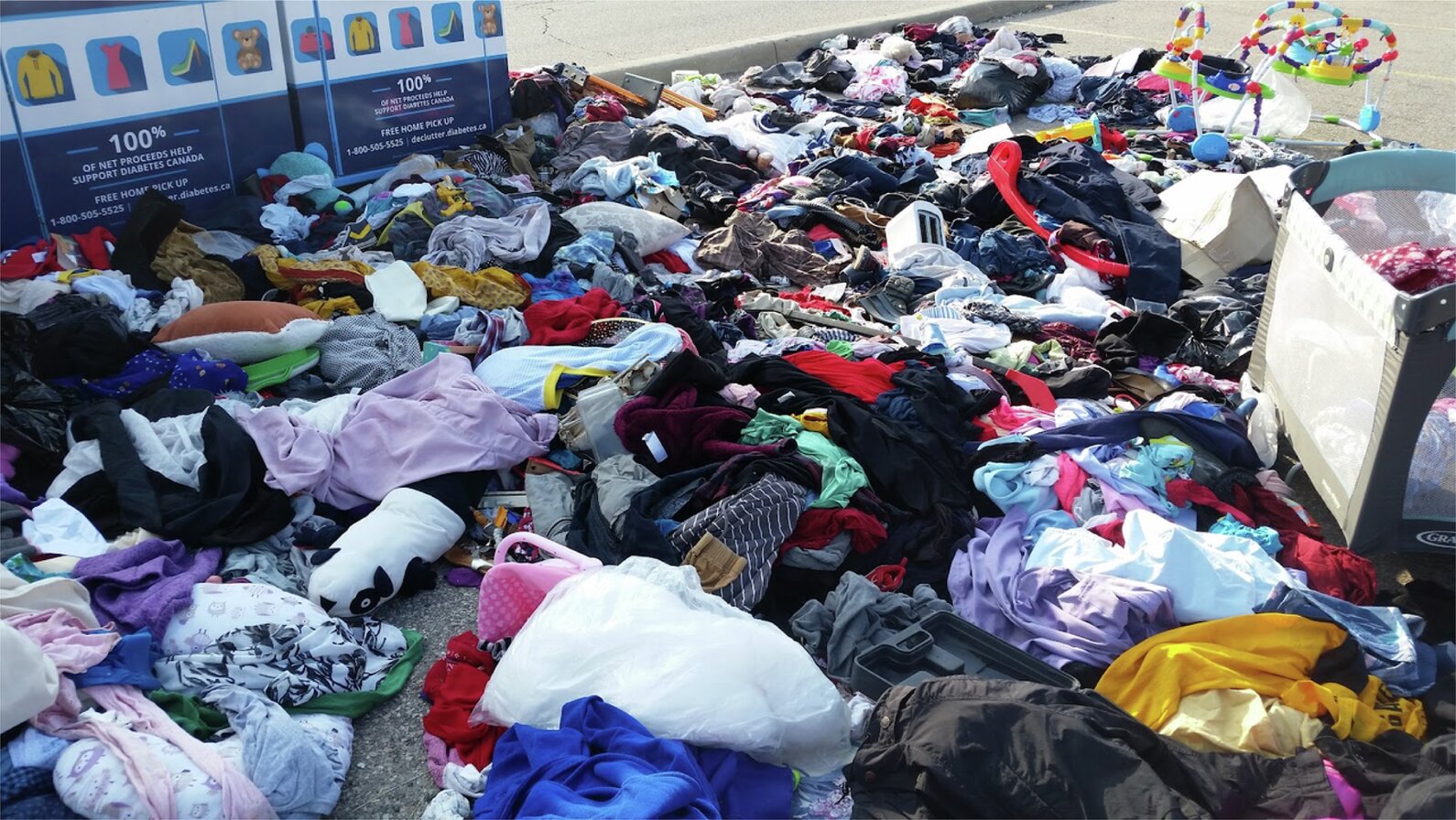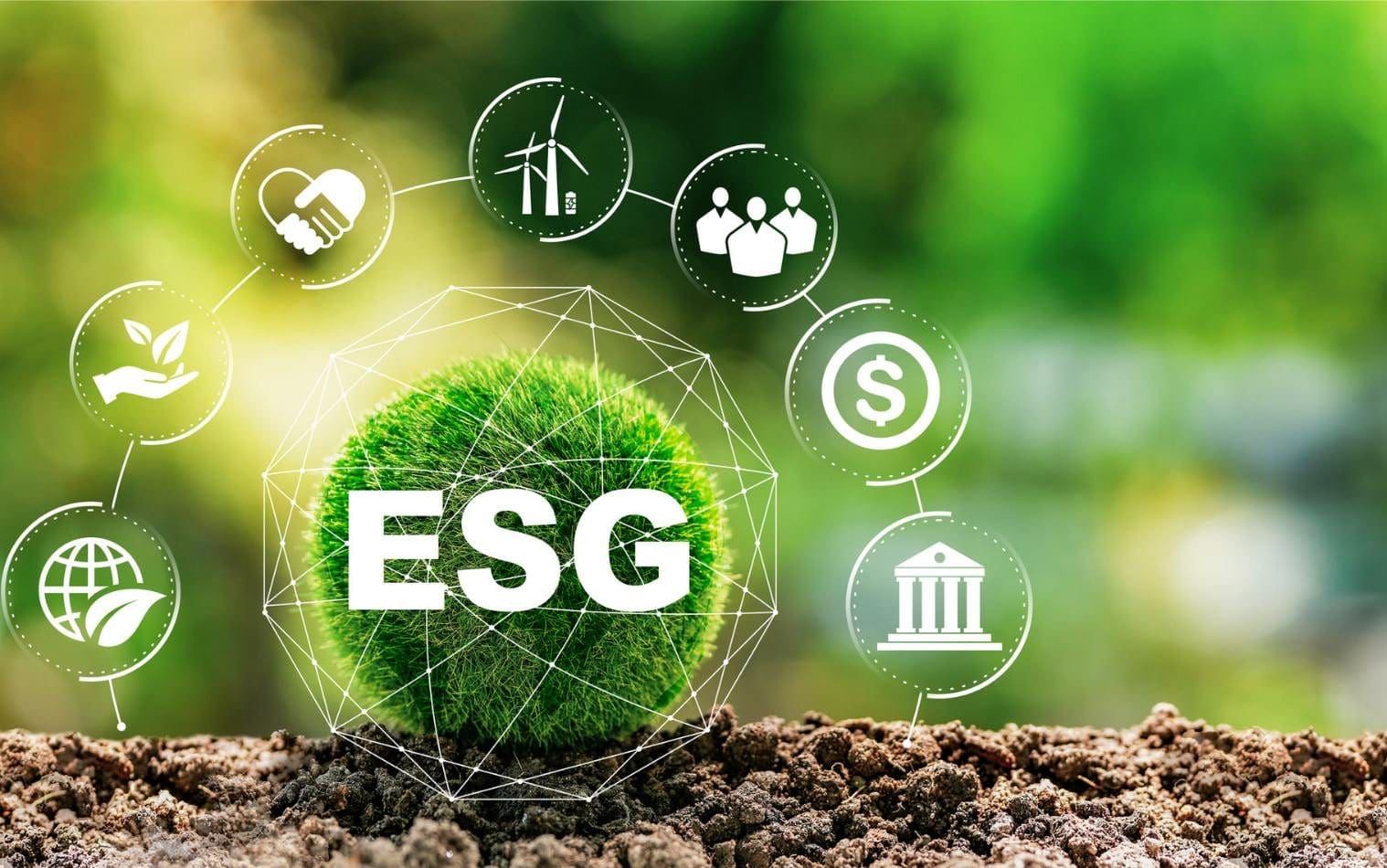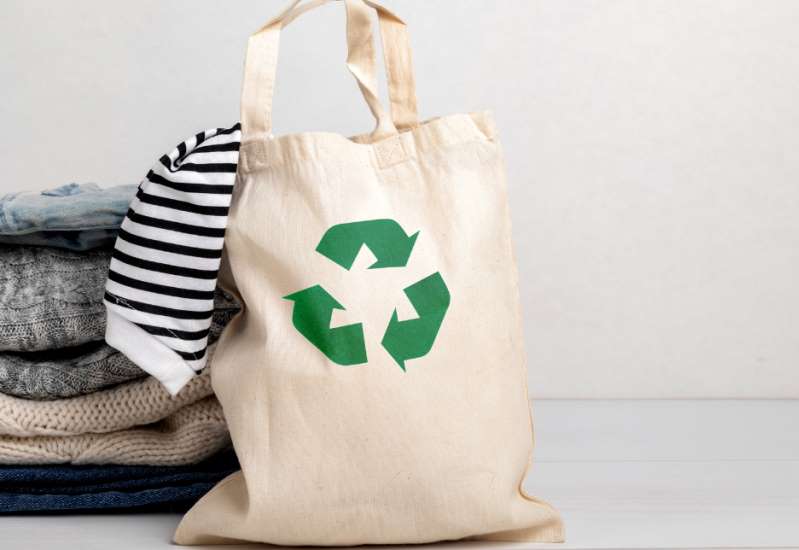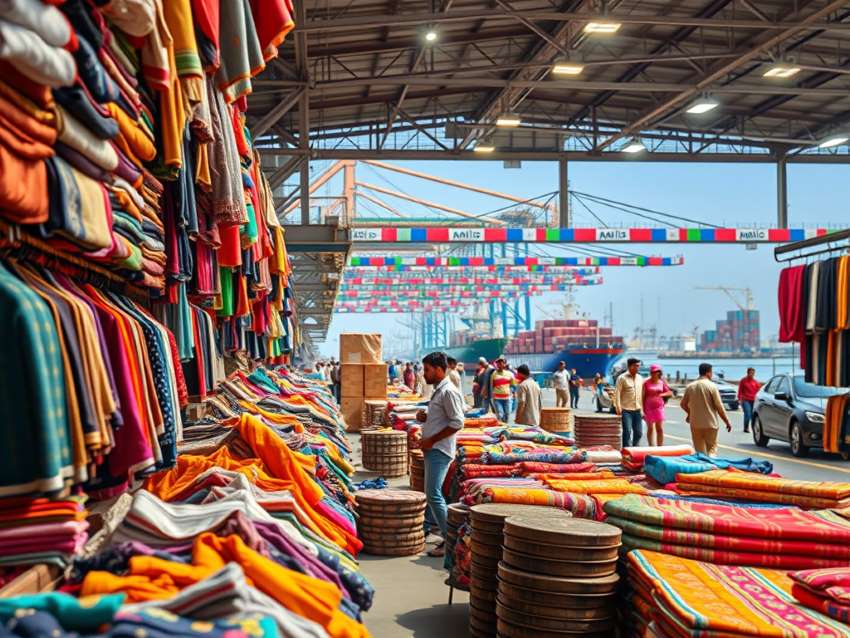Woolmark+, the groundbreaking initiative being launched by The Woolmark Company will unite wool growers, the supply chain, and brands for a more sustainable future in the wool industry. This project outlines a comprehensive roadmap to accelerate low-impact wool production, promote circularity, and enhance both animal welfare and the livelihoods of wool growers.
The roadmap includes 13 practical initiatives focused on regenerating nature, reducing carbon emissions, and improving productivity. These initiatives not only support wool growers in achieving their business goals but also align with brands' increasing commitments to mitigate Scope 3 emissions and enhance supply chain sustainability.
A key component of Woolmark+ is an insetting program, designed to create a wool insetting market by connecting wool growers with global brands aiming to meet emission reduction targets through on-farm, nature-based solutions. The initiative also focuses on reducing methane emissions in sheep. Early results show a 19 per cent average reduction in methane emissions and a 27 per cent productivity increase in sheep consuming Agolin, with a 50 per cent methane reduction for those consuming Asparagopsis.
In collaboration with wool growers and industry partners, Woolmark+ aims to provide credible measures of on-farm environmental performance. Based on ecological assessments of 130 wool farms, the program has identified core metrics to verify sustainability outcomes cost-effectively. A pilot project will operationalise these metrics to further improve farm practices.
The initiative also includes a nature-positive impact program that connects investors with projects focused on reducing emissions, enhancing biodiversity, promoting climate resilience, and advancing circularity. Additionally, Woolmark has introduced Woolmark Recycled, a sub-brand within its certification program, to encourage the production of high-quality, recycled wool products and reinforce wool's status as the most recycled apparel fiber.
Woolmark+ aims to be completed by 2025, focusing on environmental stewardship, climate resilience, biodiversity, and circularity. It promotes a holistic approach that enhances both wool production and demand while positioning the wool industry as a leader in sustainable fashion.












